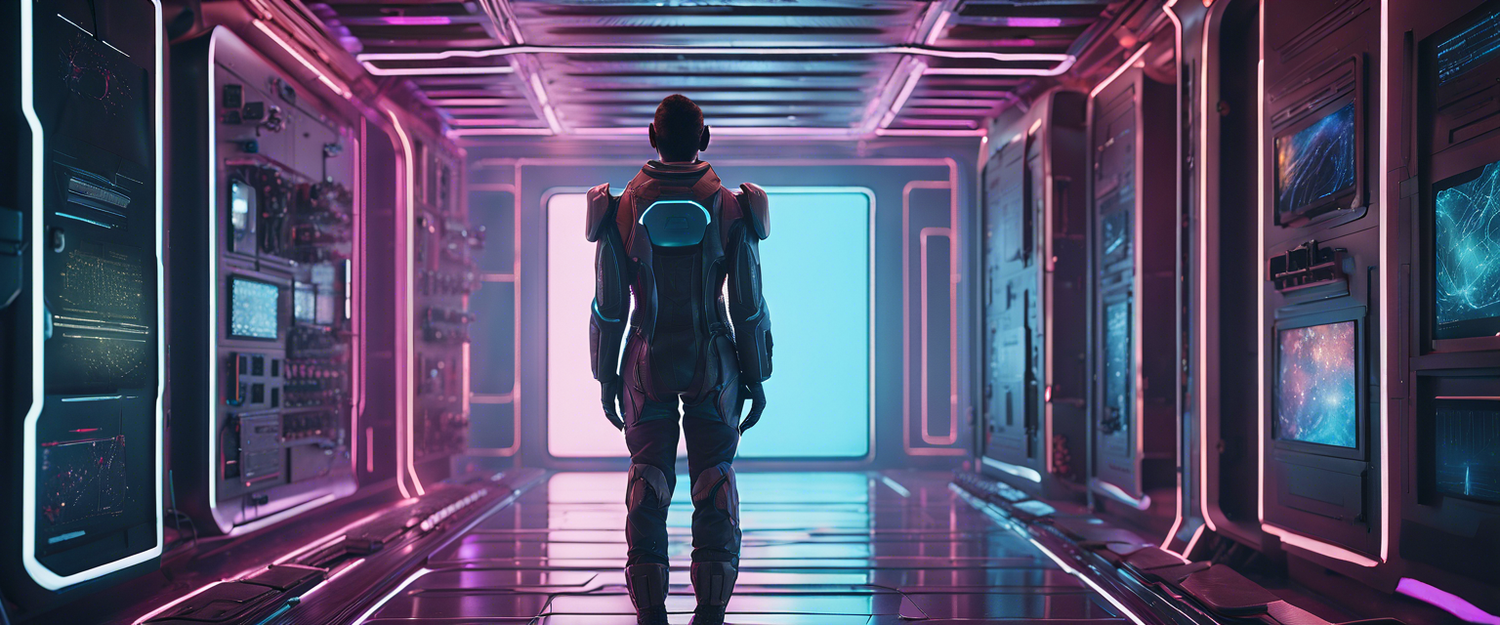OpenAI's AGI Readiness Team Dissolves Amid Concerns Over Safety Culture
Miles Brundage, OpenAI’s senior adviser for the readiness of Artificial General Intelligence (AGI), made headlines with a stark warning regarding the unpreparedness for AGI amongst leading AI organizations, including OpenAI itself. In a statement announcing his departure, Brundage emphasized, “Neither OpenAI nor any other frontier lab is ready [for AGI], and the world is also not ready.” This sentiment underscores a growing concern among experts regarding the readiness for human-level AI.
The Departure of Key Figures from OpenAI
Brundage's exit is not an isolated incident; it follows a series of high-profile departures from OpenAI’s safety teams. Fellow researcher Jan Leike left due to claims that “safety culture and processes have taken a backseat to shiny products,” reflecting frustrations among researchers over prioritizing product development over safety considerations. Moreover, OpenAI co-founder Ilya Sutskever has also moved on to establish his own AI startup focused on the safe development of AGI.
Dissolution of Safety Teams Raises Alarm
The recent disbanding of Brundage’s “AGI Readiness” team, following the dissolution of the “Superalignment” team, illustrates mounting tensions within OpenAI between its foundational mission and the drive for commercialization. Concerns are amplified by the company's impending shift from a nonprofit model to a for-profit public benefit corporation within two years. Such a transition could force the company to relinquish substantial funds from its recent investment round—$6.6 billion—if not executed in time.
Brundage's Concerns for AI Safety
Brundage has long expressed apprehensions about OpenAI's trajectory, voicing these concerns back in 2019 when the company established its for-profit division. In his parting remarks, he highlighted constraints on his research and publication freedom, which prompted his decision to leave. Emphasizing the necessity for independent voices in AI policy discussions, he believes that he can exert more influence over global AI governance from outside OpenAI.
Internal Cultures and Resource Allocation Conflicts
The ongoing shake-up within OpenAI may also reflect a deeper cultural schism. Many researchers joined the organization with the intention of advancing AI research in a collaborative environment, but are now confronted with an increasingly product-driven focus. Reports suggest that internal resource allocation became a contentious issue, with teams like Leike’s being reportedly denied necessary computational power for safety research.
Future Collaborations and Support from OpenAI
Despite the culmination of internal conflicts, Brundage stated that OpenAI offered to assist his future endeavors by providing funding, API credits, and early access to models without any strings attached. This gesture indicates a complex relationship between Brundage’s contributions to OpenAI and the organization’s evolving strategies towards AGI readiness.
Conclusion: A Turning Point for AI Safety and Governance
Brundage's departure signals a critical moment for OpenAI and the broader AI landscape, emphasizing the urgent need for balancing commercial ambitions with robust safety practices. As the industry stands on the brink of AGI realization, it is pivotal for organizations to prioritize safety measures to navigate the uncharted waters of human-level artificial intelligence.



Laat een reactie achter
Alle reacties worden gemodereerd voordat ze worden gepubliceerd.
Deze site wordt beschermd door hCaptcha en het privacybeleid en de servicevoorwaarden van hCaptcha zijn van toepassing.